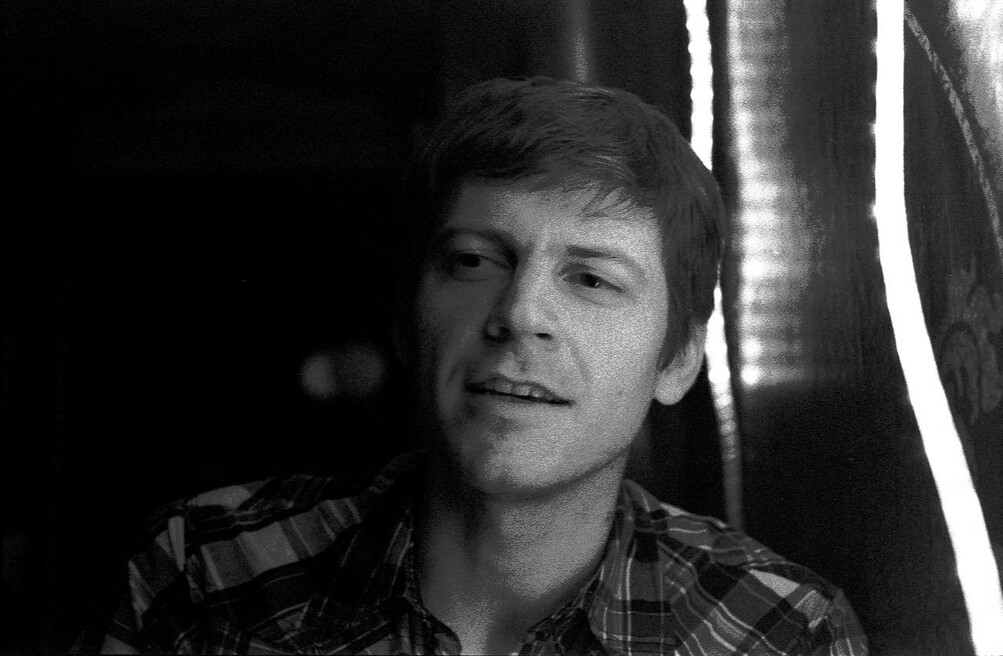Dušan Barok
area: Media, Art, Theory
Key Facts
nationality
Slovakiaarea
Media, Art, Theoryresidence
Bergen (NOR), Bratislavarecommending institution
ARTISTIC BOKEHtime period
May 2014 - May 2014Dušan Barok is an artist, writer and cultural activist involved in critical practise in the fields of software, art, and theory. Born in Bratislava, he graduated in information technologies from the University of Economics, Bratislava (DI, 2002), and Networked Media from the Piet Zwart Institute, Rotterdam (MA, 2012).
He founded and ran the online culture portal Koridor (in Slovak, 1999-2002). In 2003 he co-founded BURUNDI media lab and organised there the Translab evening series. Developed the open source tool for online group-help backstage, and number of websites and online databases for artistic, cultural and educational organisations. Together with Magdaléna Kobzová he organised the two-week long workshop-based event Summer Open Academy, bringing together people from the arts, technology, media and humanities (Bratislava, 2006 & 2007). Since 2004 he has been involved in the organisation of Multiplace network culture festival, in 2007-09 as festival coordinator. Since 2008, together with Peter Gonda he has been running the free art server Sanchez. In 2004, he initiated Monoskop, a wiki for art, culture and media technology; and in 2009, together with Tomáš Kovács, its affiliated online repository of publications, Monoskop Log.
The work I am currently developing borrows from the fields of aesthetics, philology and digital humanities to form an online resource presenting selected aesthetic concepts to artists, students and scholars in the humanities as well as cultural workers. As a starting point I selected three notions - mimesis, techne and praxis - and study their occurrences in the works of Plato and Aristotle. An entry on each of these terms is then built around significant passages from the source texts, including their summaries, original texts and their translations into various languages spanning the recent centuries. In the result the work will open the concepts to their utilitarian reading (the way we use Wikipedia, encyclopedias, or process papers when researching a particular issue) as well as literary reading (acknowledging the importance of context and the meaning in its multiplicity).
